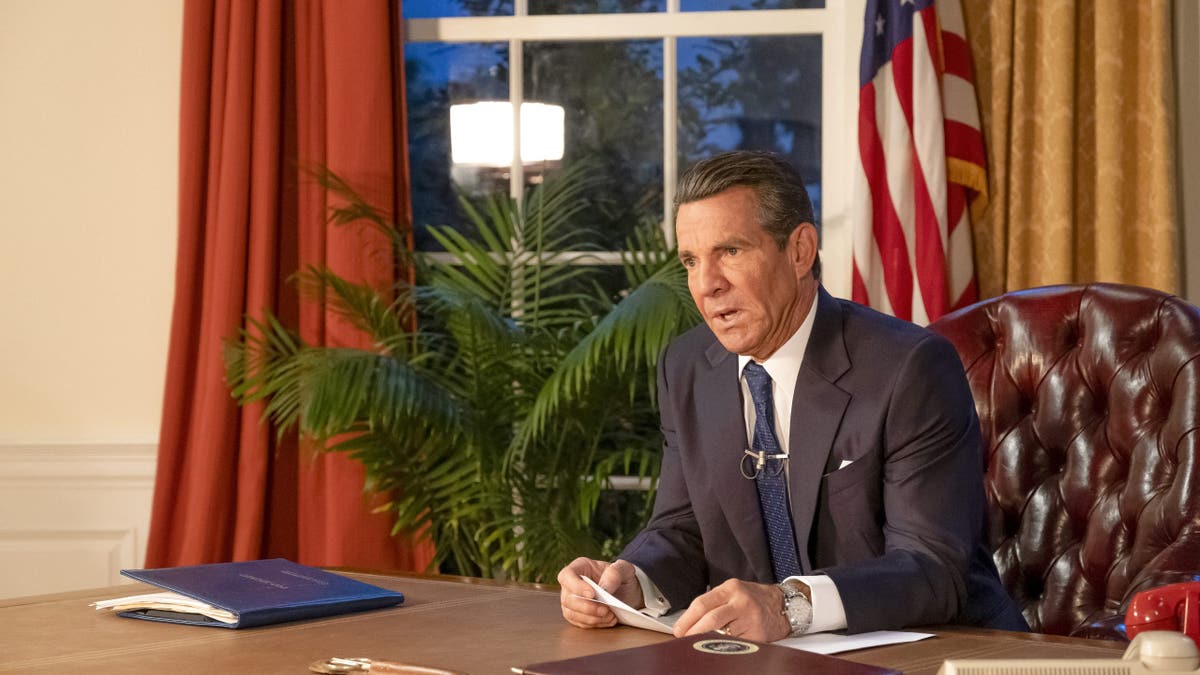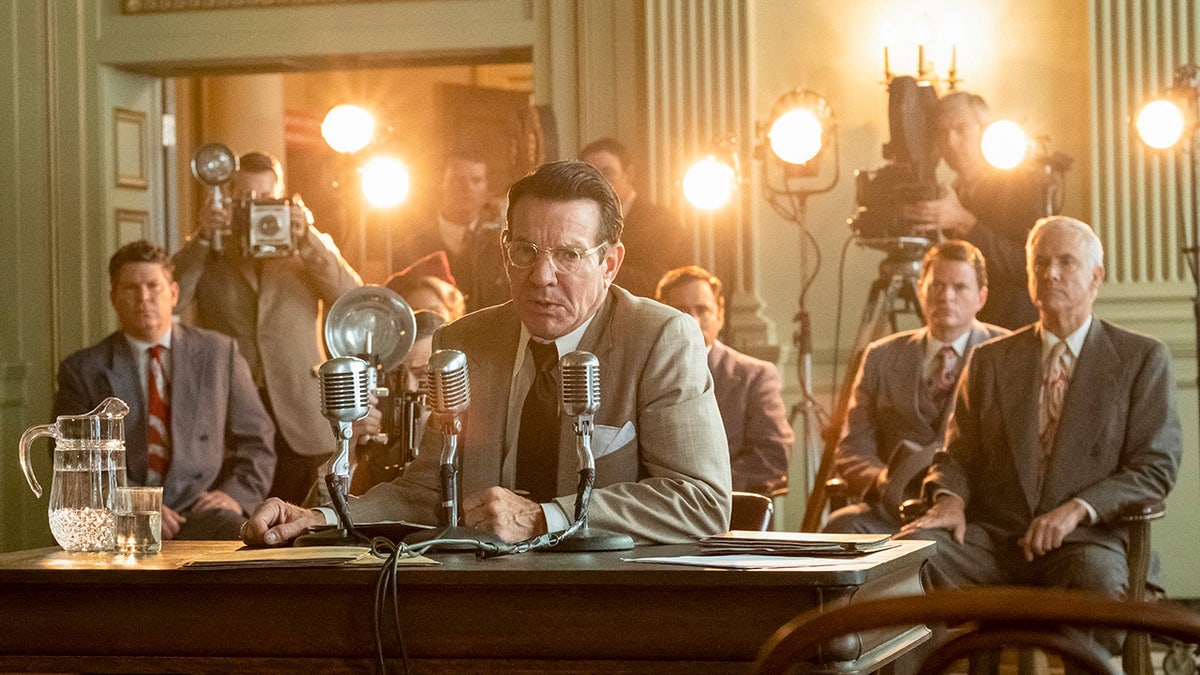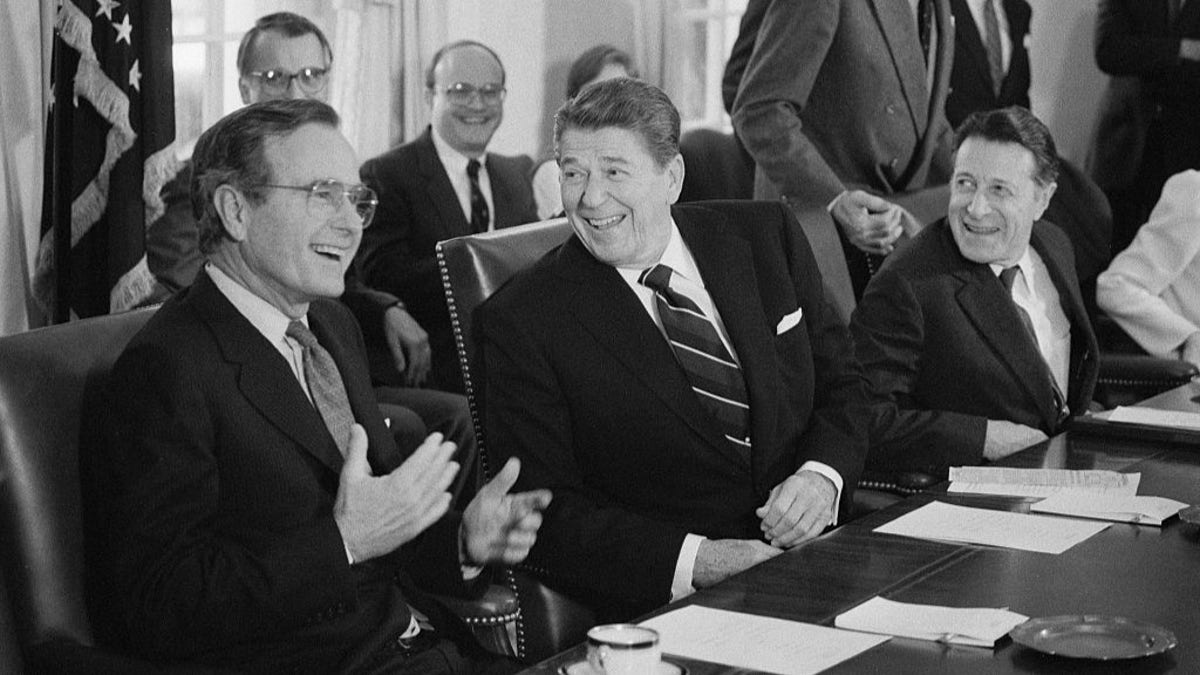The recently released biopic "Reagan" has sparked a significant divide between critics and audiences, reminiscent of President Reagan's own landslide victory in 1980. The film currently boasts a 98% audience score on Rotten Tomatoes, a stark contrast to the meager 18% rating from critics.
While audiences have embraced the film, critics have not held back their disapproval. Reviews range from "interminable hagiography" and "a wretched bore" (The Boston Globe) to "worthless as history" (The Washington Post) and even "the worst movie of the year" (The Daily Beast).

Author Paul Kengor, whose books served as inspiration for the film, notes the striking parallel between this critical disparity and Reagan's overwhelming electoral triumph. He points out that Reagan's 49-state sweep in 1984 mirrors the near-unanimous audience approval of the film. Kengor suggests this vast difference in opinion highlights a disconnect between the perspectives of the public and a segment of professional critics.
Kengor argues that many critics, particularly those born after Reagan's presidency, lack the historical context to fully appreciate the president's widespread popularity. He believes this contributes to their more critical, and often ideologically driven, reviews. He contends that during Reagan's time, even those who disagreed with his politics often held a personal fondness for the president, a sentiment he feels is missing from the current critical discourse.

The film's journey to the big screen spanned two decades, originating from a conversation between Kengor and filmmaker Mark Joseph. Initially considering an adaptation of Kengor's book "God and Ronald Reagan," they ultimately decided on "The Crusader: Ronald Reagan and the Fall of Communism." Securing Dennis Quaid for the lead role proved pivotal in finally bringing the project to fruition. Kengor praises Quaid's performance, emphasizing his ability to capture Reagan's essence without resorting to parody.

Kengor expresses bewilderment at the critical reaction, particularly given the film's positive message of unity. He contrasts the critical reception with the frequent calls for unity from the same circles, finding it ironic that a film embodying this very sentiment is met with such negativity. He attributes this disconnect to a perceived inability or unwillingness among some critics to acknowledge the positive aspects of Reagan's presidency and the era's overall sentiment.
Comments(0)
Top Comments